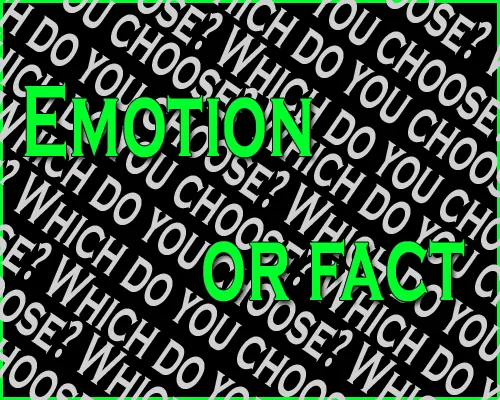
True or False? Morality may be objective but morality is also based in part on ability to reason and discern it yourself - creating a sort of gradient in morality.
As an example let us assume that murder is objectively wrong. If you thought murder was wrong, you would be right as you happen to land in the camp of what the objective truth happens to be, correct? But what if someone came along and could logically argue against you and more strongly make the argument that murder was acceptable behavior? Where the counterarguments you make are trumped whether they take you a minute or a year to think of? They would still be incorrect, but it is my opinion that that person would be more moral than you, despite being farther away from the objective truth because morality is or should be tied to one's ability to rationalize. Even though they have taken you farther away from the objective truth in a sense by convincing you murder is fine, you are actually closer as you have been given logical stepping stones with which to reach the correct conclusion.
Perfect Morality occurs when one both has all the objectively correct opinions and, perhaps more importantly, can argue that they do - without even the need for statistics which are often imperfect.
Anti-Morality, or having perfectly logical arguments for the totally incorrect would be impossible as stronger logic always gravitates towards the objective truth one way or another.
Evilness would be rooted in ignorance and irrationality instead of opinions or even actions - a man donating to charity for reasons unknown would be more evil than one who didn't for better understood reasons.

If you would like your posts voted with a higher percentage or resteemed, please visit my latest blog for more details.
